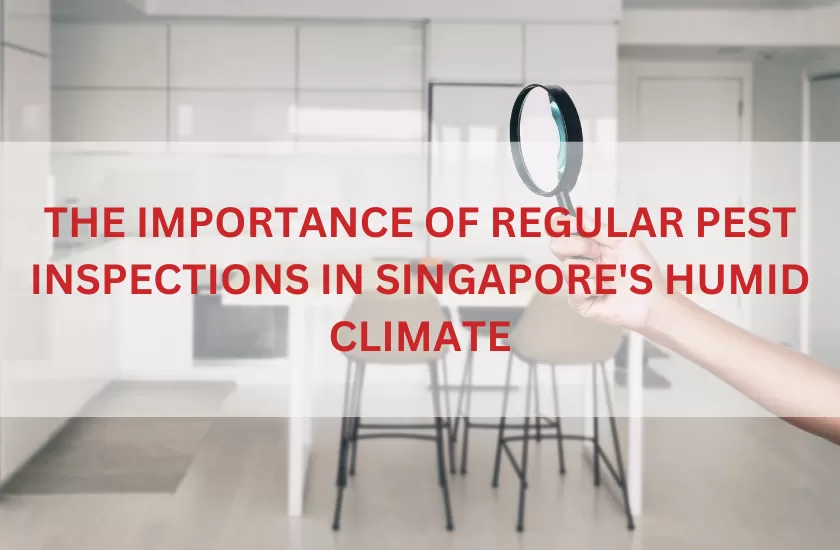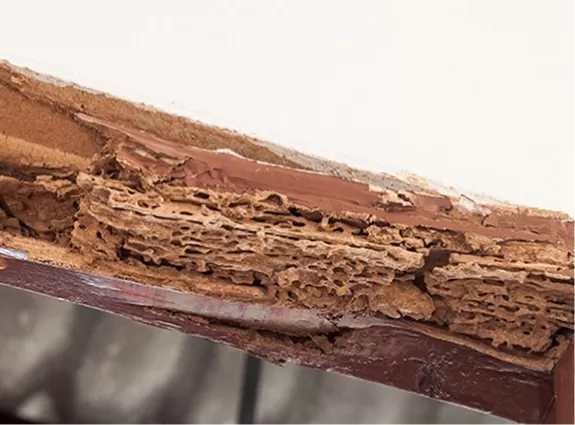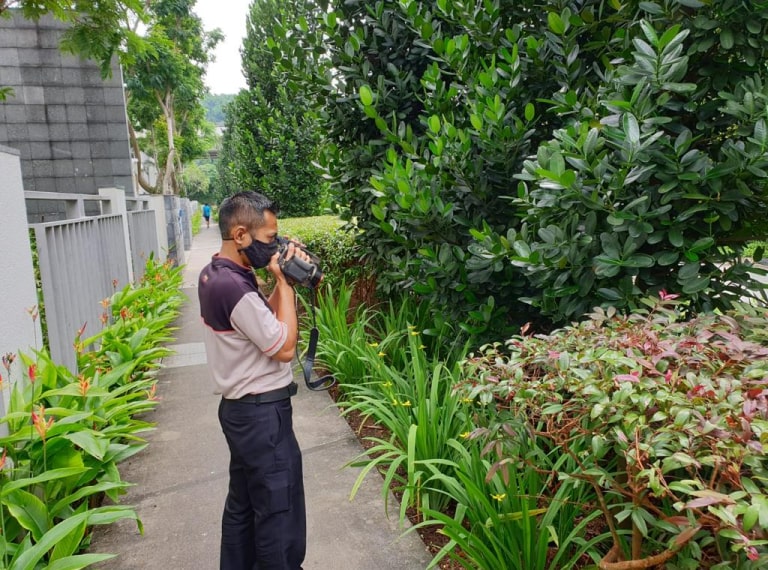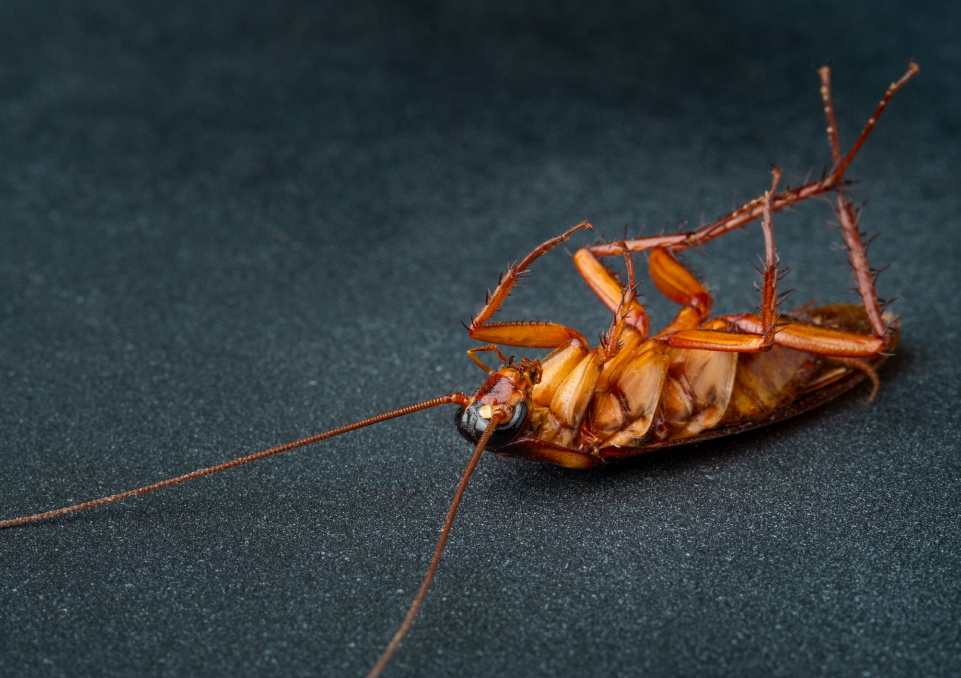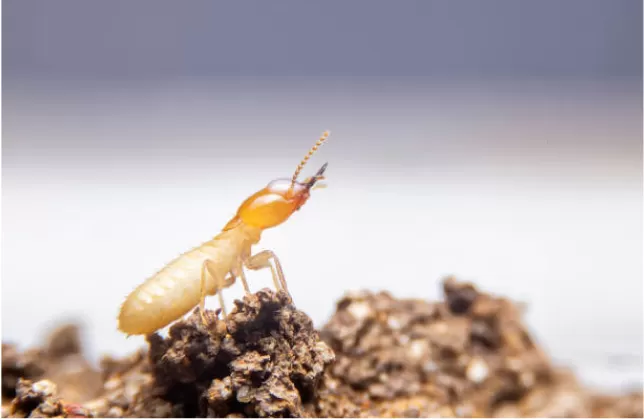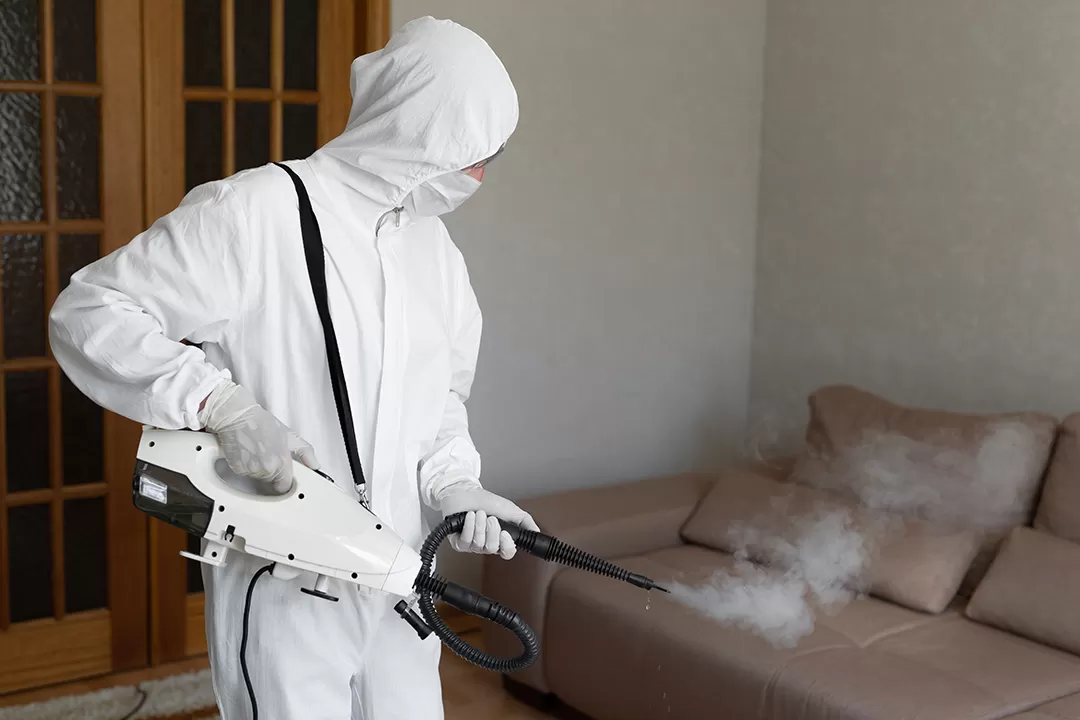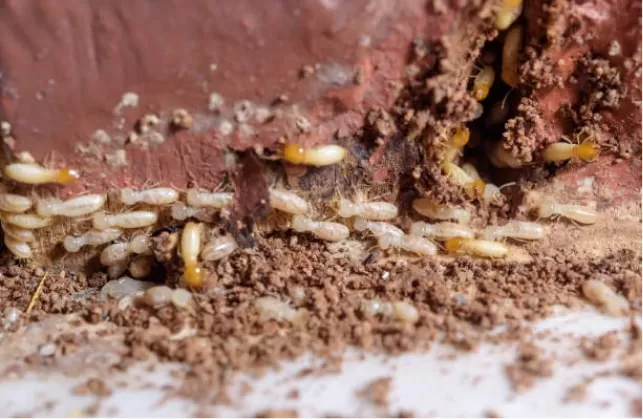Singapore, with its tropical climate, is a country known for its year-round heat and humidity. While this weather is ideal for many plants and animals, it also provides a perfect breeding ground for pests. Termites, mosquitoes, cockroaches, ants, and rodents thrive in this environment, creating a persistent challenge for homeowners, businesses, and government agencies. In light of this, regular pest inspections are crucial to maintaining a healthy, safe, and comfortable living or working space. This article delves into why regular pest inspections are essential in Singapore, particularly given the city-state’s humid climate, the risks posed by common pests, and best practices for managing infestations.
Singapore’s Humid Climate: A Breeding Ground for Pests
Singapore’s tropical climate, characterized by high humidity levels (between 70-90%) and warm temperatures (between 25-32°C), provides an ideal environment for pests. The consistent warmth and moisture create perfect conditions for insects and rodents to breed and thrive, leading to increased pest activity throughout the year. Unlike countries with temperate climates where pests may only be an issue during warmer seasons, Singapore faces a year-round threat.
The high levels of humidity also contribute to higher moisture content in homes, especially in hidden areas like basements, attics, or crawl spaces, which makes them more attractive to pests such as termites and cockroaches. Termites, in particular, are notorious for feeding on moist wood, making Singapore’s environment ideal for these destructive insects.
Common Pests in Singapore and Their Risks
1. Termites:
Termites are a major concern for homeowners in Singapore. These insects feed on wood and other cellulose-based materials, causing extensive structural damage to homes and buildings if left unchecked. The humid environment accelerates termite activity, and without regular inspections, they can go unnoticed until significant damage has been done. Termites not only compromise the structural integrity of homes but also lead to expensive repair costs.
2. Mosquitoes:
Singapore is no stranger to mosquito-borne diseases such as dengue fever and Zika virus. The warm, humid conditions provide mosquitoes with ideal breeding grounds, particularly in stagnant water. Despite government efforts to curb mosquito populations in Singapore through fogging and the removal of breeding sites, private property owners also have a responsibility to prevent mosquito breeding on their premises. Regular inspections help identify areas where mosquitoes are likely to breed and ensure swift intervention.
3. Cockroaches:
Cockroaches are not just unpleasant but also unhygienic, carrying diseases and bacteria that can contaminate food and living spaces. Singapore’s humidity promotes cockroach infestation, especially in places where food is handled, such as kitchens, pantries, and garbage areas. Regular pest inspections can help detect early signs of a cockroach infestation and prevent it from spreading.
4. Rodents:
Rodents such as rats and mice are attracted to food sources and warm environments. In Singapore, they thrive in urban areas, often finding shelter in homes, restaurants, and commercial buildings. Rodents are not only a health hazard due to the diseases they carry, but they can also cause structural damage by gnawing on wires, pipes, and insulation. Routine inspections can reveal potential rodent entry points and signs of their presence, allowing for prompt control measures.
5. Ants:
Ants, while small, can cause major problems when they invade homes in large numbers. They are attracted to food and water, and the humid climate encourages their presence. Some species, like carpenter ants, can even cause structural damage by nesting in wood. Regular pest inspections help identify ant colonies early, preventing them from multiplying and causing harm to property.
The Consequences of Not Conducting Regular Pest Inspections
1. Structural Damage:
The most immediate and serious consequence of neglecting pest inspections is structural damage. Termites, carpenter ants, and rodents can all weaken a building’s foundation, roof, and walls. Termites, in particular, can silently cause immense damage to wooden structures, sometimes over the course of years. By the time homeowners notice the signs of infestation, significant harm may already have been done, leading to costly repairs.
2. Health Risks:
Many pests are carriers of disease and pose a direct threat to human health. Mosquitoes spread diseases such as dengue and Zika, while cockroaches and rodents can carry bacteria and viruses that cause food poisoning, respiratory issues, and other illnesses. In the absence of regular inspections, these pests can proliferate, increasing the likelihood of disease transmission.
3. Food Contamination:
Homes and businesses in the food industry are particularly vulnerable to pests. Cockroaches, rodents, and ants can contaminate food supplies, making them unsafe for consumption. This not only leads to financial losses but can also harm the reputation of businesses. Restaurants and food processing plants in Singapore are subject to strict hygiene regulations, and pest infestations can result in fines, closure, or even legal action.
4. Higher Control Costs:
The longer a pest infestation goes undetected, the more expensive it becomes to eradicate. Routine inspections help detect infestations at an early stage, allowing for more affordable control measures. Neglecting inspections can result in larger, more established infestations that require intensive treatment, leading to higher costs for homeowners and businesses.
5. Loss of Property Value:
Pest infestations, particularly those involving termites and rodents, can significantly reduce the value of a property. Buyers are often hesitant to purchase a home or building with a history of pest problems, especially if there are signs of structural damage. Regular inspections help maintain the value of a property by ensuring that any infestations are dealt with swiftly.
Benefits of Regular Pest Inspections
1. Early Detection of Infestations:
The most significant advantage of regular pest inspections is the early detection of pest problems. Early intervention can prevent infestations from spreading and causing serious damage. A professional pest inspector can identify signs of pests that might go unnoticed by homeowners, such as small droppings, subtle damage to wood, or hidden nests. This proactive approach ensures that pests are dealt with before they become a major issue.
2. Preventative Measures:
Pest inspections are not just about identifying existing infestations but also about preventing future problems. Pest control professionals can recommend preventative measures based on the specific vulnerabilities of a property. This may include sealing cracks and gaps, improving ventilation, reducing moisture levels, and removing food sources that attract pests. Preventative pest control is often more cost-effective than reactive measures.
3. Compliance with Local Regulations:
In Singapore, businesses, particularly those in the food and hospitality industries, are required to comply with strict pest control regulations. Regular pest inspections are essential for ensuring compliance with these regulations and avoiding fines or legal repercussions. For homeowners, inspections are also a way to ensure that their property remains safe and habitable, particularly if they plan to rent or sell in the future.
4. Peace of Mind:
Knowing that your home or business is pest-free brings peace of mind. Regular inspections eliminate the stress and anxiety that come with discovering an infestation. Property owners can rest easy, knowing that they are taking the necessary steps to protect their investment and the health of their family or customers.
Best Practices for Managing Pest Inspections
1. Choose a Reputable Pest Control Company:
It’s important to hire a reputable, licensed pest control company in Singapore. Ensure you select the right pest control company that can help you deal with your pest problem at hand. Professional pest control technicians have the expertise and experience needed to identify even the subtlest signs of pest activity. They also use safe, effective methods for eradicating pests and preventing future infestations.
2. Schedule Inspections Regularly:
Inspections should be scheduled at least once or twice a year, depending on the property and its surroundings. Homes near forested areas, construction sites, or bodies of water may need more frequent inspections due to the higher likelihood of pest activity.
3. Follow Up on Inspection Findings:
After an inspection, it’s important to act on the recommendations provided by the pest control company. This might involve repairs, sealing entry points, or modifying landscaping to reduce moisture levels around the home. Swift action can prevent minor issues from becoming major problems.
4. Maintain Cleanliness and Hygiene:
Good sanitation is key to preventing pests. Regular cleaning, proper waste disposal, and careful food storage help eliminate the conditions that attract pests. Homeowners and businesses should make cleanliness a priority to complement the efforts of pest control professionals.
Conclusion
In Singapore’s humid climate, regular pest inspections are not just a recommendation; they are a necessity. Pests like termites, mosquitoes, cockroaches, and rodents thrive in the tropical environment, posing serious risks to property, health, and hygiene. By scheduling routine pest inspections, property owners can detect infestations early, implement preventative measures, and ensure compliance with local regulations. Most importantly, regular inspections provide peace of mind, knowing that homes and businesses are protected from the costly and dangerous effects of pest infestations.
Engaging a reputed pest management company in Singapore can make all the difference. These experts not only provide thorough inspections but also offer tailored solutions based on your property’s specific needs, ensuring long-term protection and a safer environment for everyone. Investing in regular pest control is a small price to pay for the long-term benefits of a pest-free environment.

